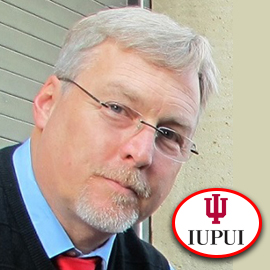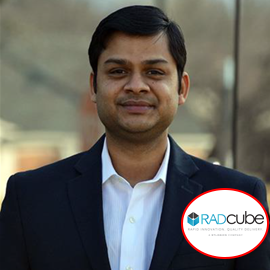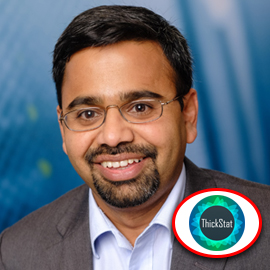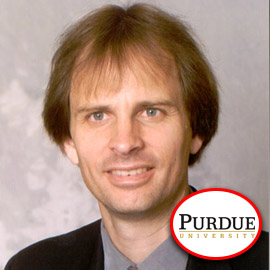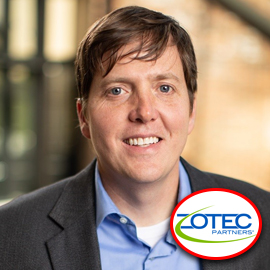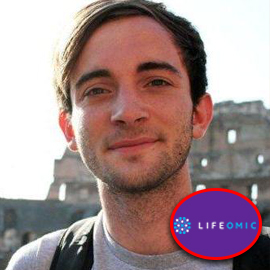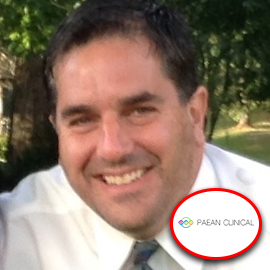Peter J. Schubert
Professor
IUPUI
Title: Genetic Programming and Particle Swarm Optimization of Complex Systems
Track: Artificial Intelligence and Machine Learning
Short-Brief: Democracies are challenged today with implementation of complex infrastructure having durations longer than the 8 year political cycle. Tender and bid methods of contractor procurement for sophisticated systems are susceptible to corruption, and are often decided solely on the basis of lowest cost. Multi-dimensional factors and interactions can be intractable to human intelligence so that down-selected solutions can be the result of a single charismatic ego, an influential supplier, or the least-offensive choice selected by a committee. Thus there is a clear need to use artificial intelligence to develop optimal solutions using inputs from multiple stakeholders using multi-variable fitness functions which balance the various factors affecting the value of an infrastructure or vast system project. In this talk you will learn about a novel method of architecture optimization (“architecture” taken in its larger sense, and not just buildings) which uses high-performance computers to provide a small number of nearly-as-good choices with very different compositions from which humans can make the final selection. The process begins by modularizing and developing high-arity mathematical models of a wide range of possible architectural solutions, either historic or proposed. Through the method of Genetic Programming augmented with Particle Swarm Optimization a supercomputer parses combinations of modules as guided by a fitness function which has been pre-determined by the human stakeholders. The fitness function may combine weighted levels of cost, duration, risk, and aesthetics, for example. By multi-objective optimization to this fitness function, promoting at each generation of optimization those candidate solutions which are maximally different, the asymptotic result is a set of 3 or 4 presented for approval. Application of this powerful technique to the most difficult challenges facing humankind offers the potential to provide solutions which can be embraced across the political spectrum, along the age span, and by a diverse community of stakeholders. It can be how humans live more sustainably on this planet, and possibly beyond.
Ph.D. in Electrical and Computer Engineering from Purdue, MS in ECE from Cincinnati, and BA in Physics from Wash U, licensed Professional Engineer in Illinois. Winner of Donald J. Almquist Award at Delphi Electronics & Safety as Technical Fellow for building a supercomputer and running airbag calibration optimizations using genetic algorithms. Produced best-in-class occupant detection algorithms for vehicle passenger detection needed to disable airbags for children and rear-facing infant seats. Holder of 42 US patents, 11 of which cover algorithms for embedded systems. Primary research interest is Space Solar Power where orbiting powersats deliver pollution-free energy wirelessly to terrestrial receivers – this is enormously complex and costly, requiring clever approaches on multiple levels of abstraction. Title of the Presentation:Genetic Programming and Particle Swarm Optimization of Complex Systems Architecture

